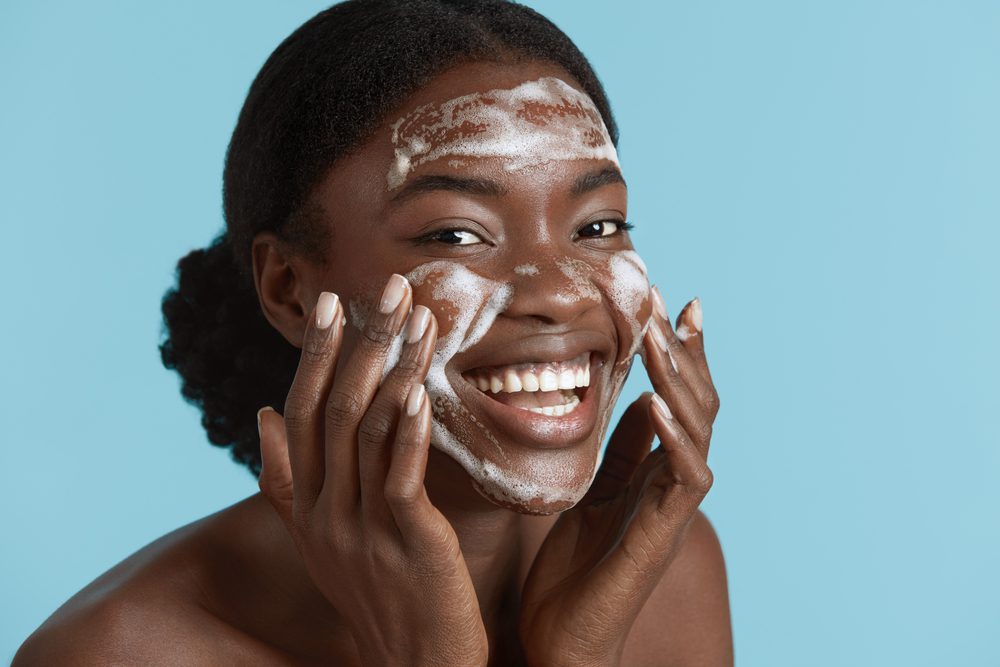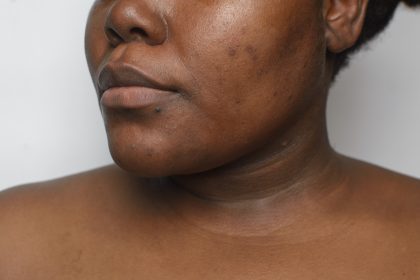Our skin follows a natural cycle of repair and regeneration, with nighttime being its most active phase. While you sleep, skin cell turnover accelerates, collagen production peaks, and blood flow improves, creating a prime environment for healing. This nightly process allows active skincare ingredients to penetrate deeper and work more effectively, making evening moisturizer application particularly powerful. By syncing your skincare routine with your body’s biological clock, you can enhance your skin’s ability to restore itself.
Maximizing nighttime benefits
Nighttime moisturizing isn’t merely about hydration—it’s an opportunity for deep, targeted treatment. Unlike daytime, the skin isn’t battling external stressors like UV radiation, pollution, or makeup during the night. This downtime provides an optimal window for active ingredients, such as retinoids and peptides, to perform without interference. A well-chosen nighttime moisturizer can help repair damage, soothe inflammation, and strengthen your skin barrier, leaving your skin refreshed and rejuvenated by morning.
The skin behaves differently at night, becoming more permeable and prone to water loss. This increased absorption capability allows moisturizers to penetrate deeply, delivering hydration where it’s needed most. During this time, the skin loses more water than it does during the day, which is why nighttime hydration is essential. Without it, your skin may feel tight, dry, or appear dull in the morning. Nighttime moisturizing replenishes lost moisture while providing a protective layer to prevent further dehydration.
Customizing your approach
Tailoring your nighttime routine to your skin type is crucial for achieving the best results. Different skin types require unique formulations to meet their specific needs:
- Dry skin: Rich, emollient-based moisturizers with ingredients like shea butter and ceramides help lock in moisture and prevent overnight dehydration.
- Oily skin: Lightweight, non-comedogenic moisturizers with hyaluronic acid or niacinamide deliver hydration without clogging pores.
- Combination skin: Dual formulations, such as using a rich cream on dry areas and a gel on oily zones, balance hydration levels.
- Sensitive skin: Gentle, fragrance-free options with soothing agents like chamomile and allantoin reduce irritation while maintaining hydration.
Advanced ingredients and their benefits
Modern nighttime moisturizers often incorporate advanced ingredients to enhance their effectiveness:
- Peptides boost collagen production, improving skin elasticity and firmness.
- Retinoids accelerate cell turnover, reducing fine lines and evening out skin tone.
- Antioxidants combat free radical damage, supporting the skin’s repair processes.
- Ceramides reinforce the skin barrier, improving moisture retention and resilience.
- Hyaluronic acid provides deep hydration, plumping the skin and reducing the appearance of fine lines.
When combined strategically, these ingredients maximize the skin’s natural repair mechanisms, delivering visible results over time.
Optimizing application techniques
Applying your moisturizer correctly can significantly enhance its effectiveness. Using gentle, upward strokes stimulates circulation and ensures even product distribution. For best results, apply moisturizer to slightly damp skin after cleansing and toning to lock in hydration. Avoid overloading your skin with too much product, as this can lead to clogged pores and reduced efficacy. Consistency is key—regular, nightly application will yield the most noticeable improvements in skin texture and appearance.
Common mistakes to avoid
While nighttime moisturizing is highly beneficial, certain missteps can hinder your progress. Overusing products, layering incompatible ingredients, or skipping essential steps like cleansing can reduce the efficacy of your routine. Introducing new products without patch testing may also lead to irritation or breakouts. Stick to a routine that your skin tolerates well, and give it time to adjust before making changes.
Building a comprehensive routine
For optimal results, incorporate nighttime moisturizing into a holistic evening skincare regimen. Begin with a gentle cleanser to remove impurities, followed by a toner to balance the skin’s pH. After that, apply targeted treatments such as serums or retinoids before sealing everything in with your moisturizer. Layer products from thinnest to thickest to ensure maximum absorption and effectiveness.
Nighttime moisturizing offers a simple yet transformative way to care for your skin. By selecting products tailored to your skin type, incorporating advanced ingredients, and applying them correctly, you can wake up each morning to healthier, more radiant skin.











